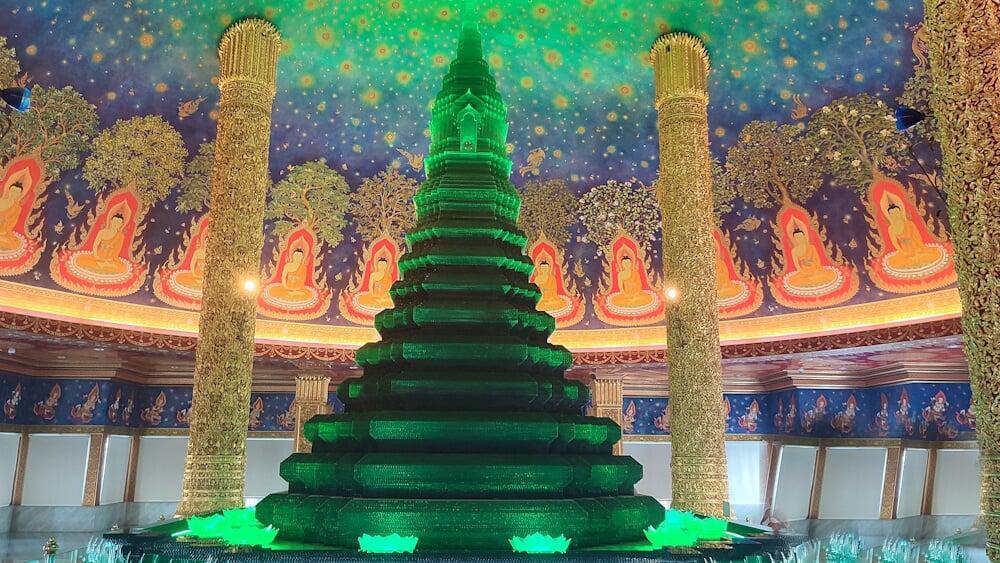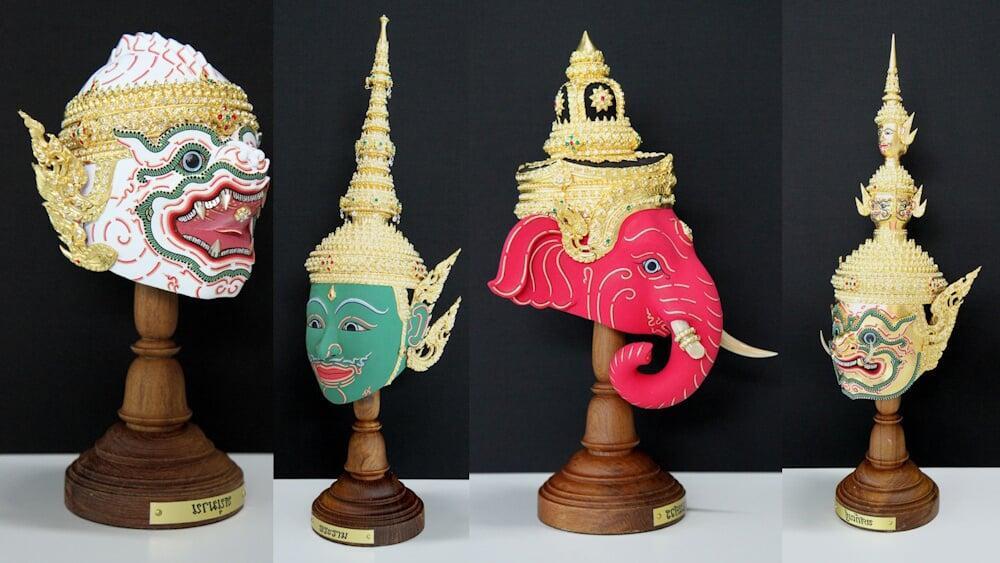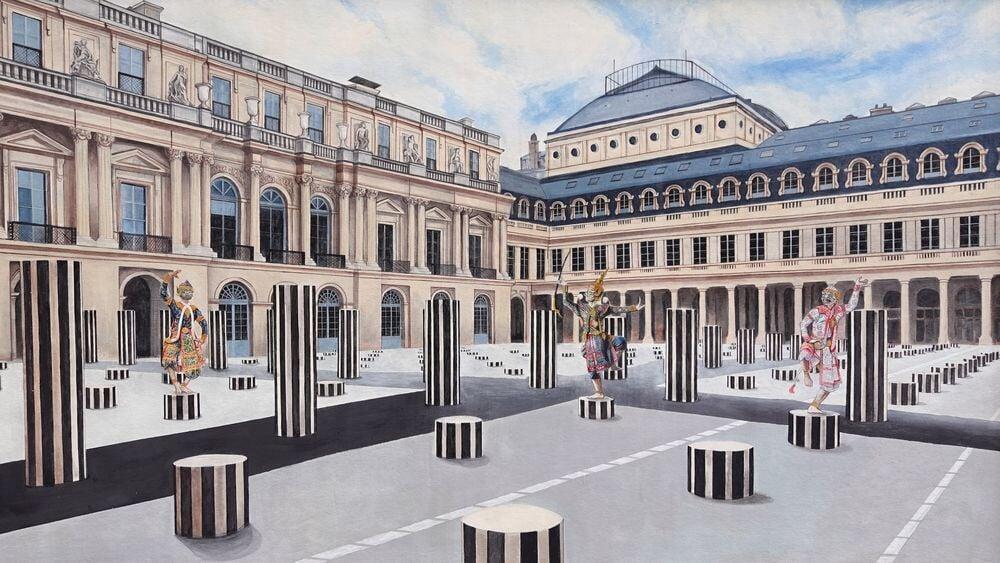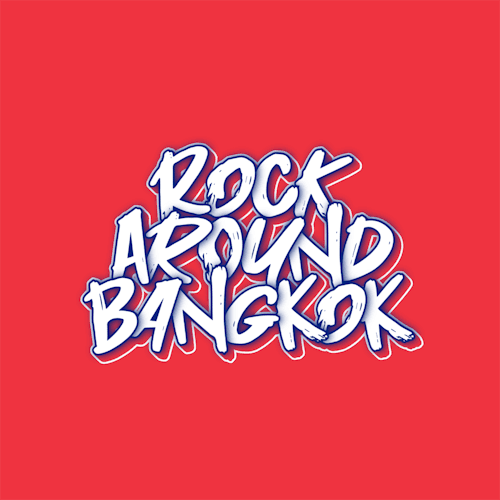Gamified activities can ease cultural integration by helping newcomers decode the mental filters that shape Thai society—such as religion, taboos, and unspoken social codes. By encouraging curiosity, observation, and critical thinking in a playful context, these experiences offer practical tools to understand and engage with a refined and complex culture rooted in Theravāda Buddhism and traditional values. If you are concerned about the cultural integration of your teams, please contact us. We will customise one of our gamified Rock Around programmes to facilitate their understanding and appropriation of Thai culture.



Cultural understanding as a critical success factor in achieving integration
Freedom of thought—and its corollary, critical thinking—diminishes in proportion to the number of mental filters imposed upon it. By “mental filters,” we refer to religions, belief systems (mythology, animism, etc.), taboos (cultural, political, societal, etc.), ideologies, and more.
The most open educational systems—those that most strongly promote freedom of thought—are primarily found in Western democracies, where the societal DNA is structured around the notions of dialogue and therefore compromise, rather than force or authoritarianism.
Cultural integration is generally easier within Western societies than in traditional, often authoritarian ones. This can be partly explained by the very nature of Western values, encapsulated in the concept of democracy, and by the historical continuity that traces back to Greek scholars and philosophers. Human relations in Western societies tend to operate on a basis of direct interaction, where emotions are openly expressed and intentions do not require interpretation. This is largely a result of freedom of thought, which is not constrained by mental filters.
In Asia, and particularly in Thailand, this intellectual framework does not exist. One must therefore learn to bridge what is commonly referred to as the “cultural gap” in order to communicate with locals and make oneself understood. This process only works in one direction, as locals are under no obligation to open up to or adopt another culture—they are, after all, in their own country.
The foundation of Thai culture lies in the adoption and practice of Theravāda Buddhism—the strictest form of the religion (that of the elders)—which rejects apocryphal texts. Thais are also universally animist (belief in spirits) and polytheist, ever since the adoption of the Rāmāyaṇa, an Indian mythological epic that spread across Southeast Asia as far as Indonesia, becoming the Rāmakien in Thailand during the Ayutthaya period. Finally, since the establishment of the first Sukhothai kingdom in the 13th century, the Kingdom of Siam developed under an absolute monarchy until 1932, when a coup d’état transformed it into a constitutional monarchy—still in place today. Criticising the monarchy is subject to severe penalties, due to the strict enforcement of lèse-majesté laws—among the harshest in the world.
On the basis of these numerous filters, any outsider arriving in Thailand to settle there will need to undertake a significant personal effort to understand these cultural mechanisms. Cultures rooted in what is left unsaid and structured around mental filters are difficult to decode. Hence the need to understand how these filters function in order to achieve successful cultural integration.
The four activities below have been designed with this in mind—to provide keys that may (perhaps) open the doors to Thai culture, a culture that is highly refined, delicate, subtle, surprising, peaceful, respectful, and tolerant.

